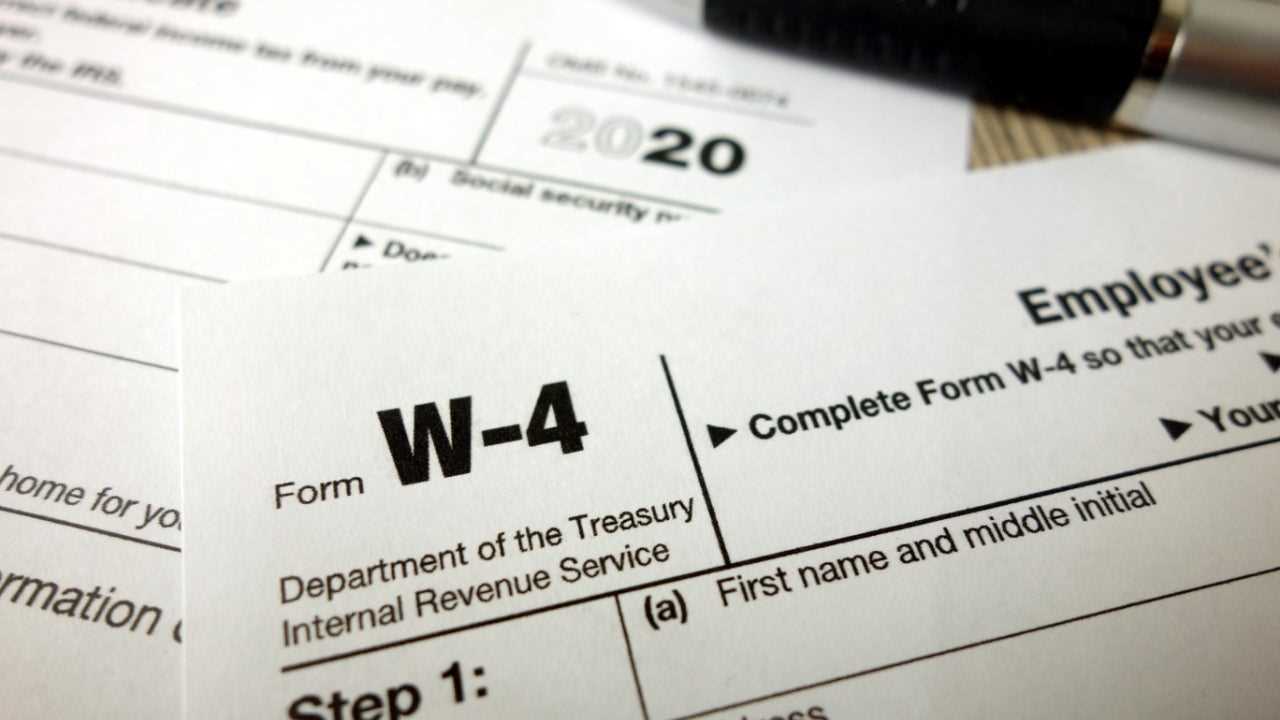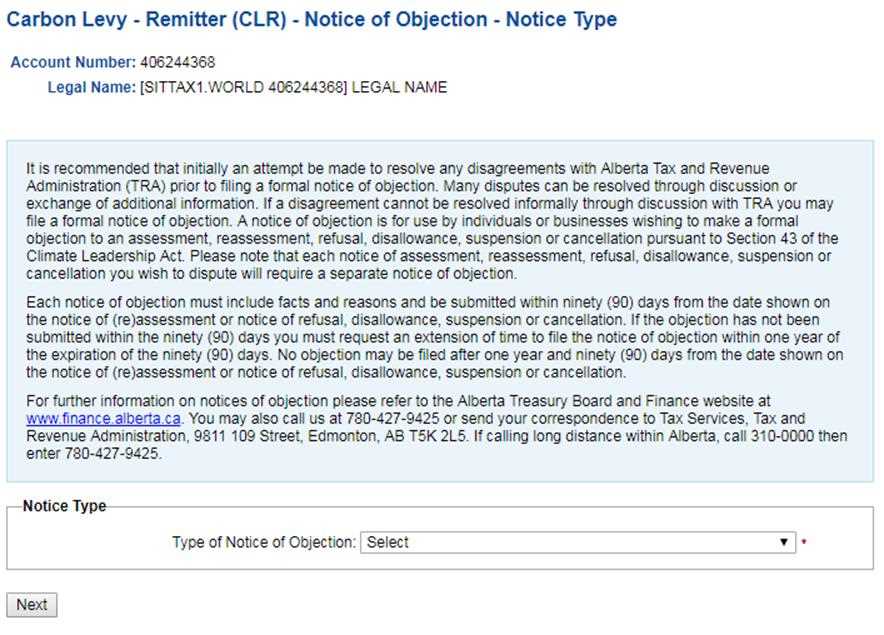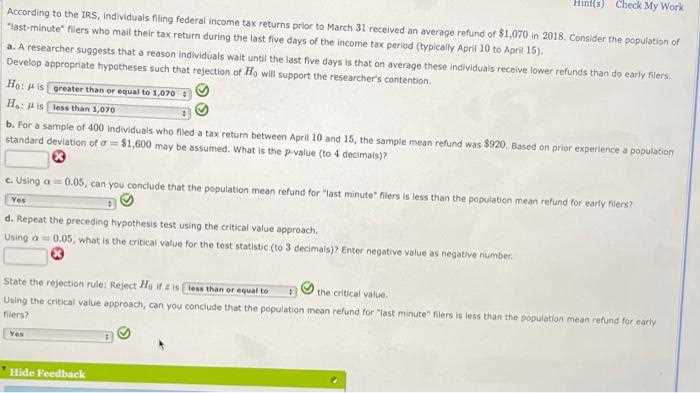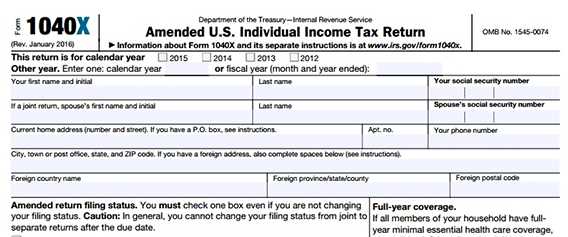What is a Gift Tax Return and How to File It
What is a Gift Tax Return? A gift tax return is a form that individuals must file with the Internal Revenue Service (IRS) to report any gifts they have given that exceed the annual gift tax exclusion amount. The purpose of the gift tax return is to determine if any … …












